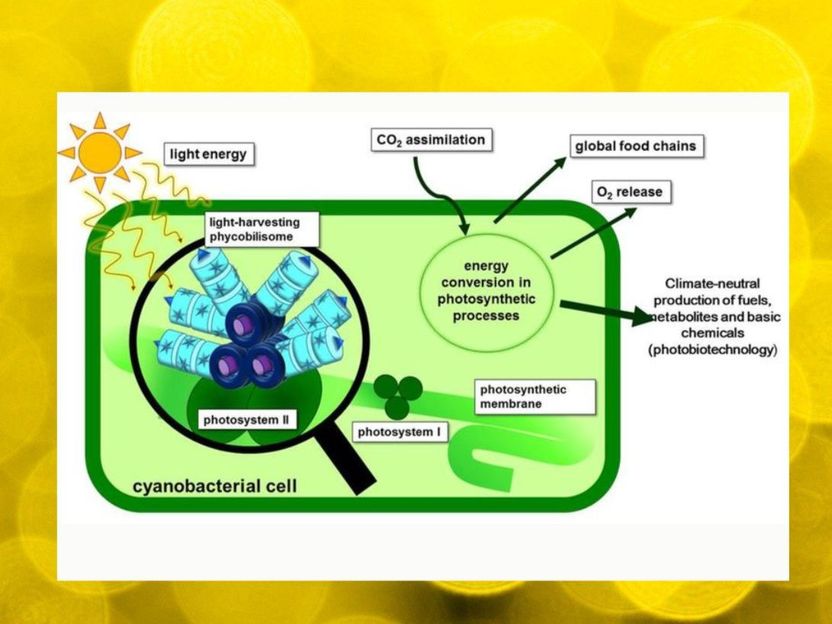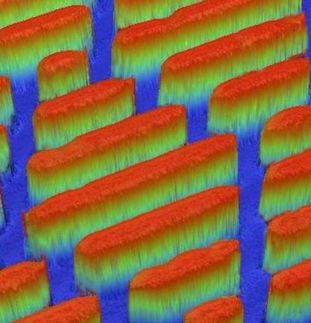New clinical and preclinical data on Basilea's novel antibiotic BAL30072 against multidrug-resistant Gram-negative superbugs
Detailed results from the successful first phase I study with Basilea's novel antibiotic BAL30072 were presented at the 51st Interscience Conference on Antimicrobial Agents and Chemotherapy (ICAAC) in Chicago, USA. Additional preclinical data underline the strong bactericidal activity and broad coverage of BAL30072 against clinically-relevant multidrug-resistant Gram-negative bacteria. Also, further data on Basilea's anti-MRSA broad-spectrum antibiotic ceftobiprole are presented.
Multidrug-resistant Gram-negative bacteria such as Pseudomonas aeruginosa and Acinetobacter baumannii are causing growing concern as they have become resistant to most marketed antibiotics, leaving only few or no therapeutic options.
Basilea's BAL30072, a beta-lactam antibiotic of the sulfactam class, has the potential to play an essential role in the therapy of life-threatening infections caused by such multidrug-resistant as it is not easily destroyed by bacterial enzymes which cause resistance against many currently marketed antibiotics. BAL30072 has demonstrated bactericidal activity against a broad range of Gram-negative superbugs.
BAL30072 - a novel sulfactam antibiotic against multidrug-resistant Gram-negative bacteria
Favorable data from the first phase I study, a double-blind, randomized, placebo-controlled, single ascending dose study demonstrate the excellent safety profile of BAL30072. In the study, no clinically relevant drug-related adverse events were observed at any dose level and no dose-limiting toxicities were identified. BAL30072 displayed predictable linear pharmacokinetics with low inter-subject variability, in line with preclinical data and in accordance with the favorable beta-lactam class profile. (Posters A2-572, F1-145 and F1-146) A second, multiple ascending dose phase I study with BAL30072 has been recently initiated and is anticipated to be completed in the first part of 2012.
Most read news
Organizations
Other news from the department research and development

Get the life science industry in your inbox
By submitting this form you agree that LUMITOS AG will send you the newsletter(s) selected above by email. Your data will not be passed on to third parties. Your data will be stored and processed in accordance with our data protection regulations. LUMITOS may contact you by email for the purpose of advertising or market and opinion surveys. You can revoke your consent at any time without giving reasons to LUMITOS AG, Ernst-Augustin-Str. 2, 12489 Berlin, Germany or by e-mail at revoke@lumitos.com with effect for the future. In addition, each email contains a link to unsubscribe from the corresponding newsletter.
Most read news
More news from our other portals
Last viewed contents






















































